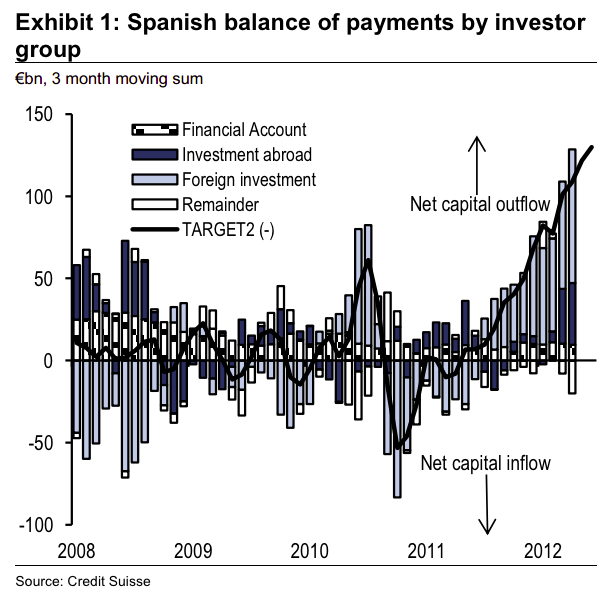By Michael Hoexter
Most of the US political class has been infected with the “mind virus” of austerity that suggests to them that either virtue or necessity consists of cutting government spending and government programs. Under the influence of this “folk economics” with no evidentiary support, the equivalent of economic superstition, politicians seem prepared to slash vital supports to the economy despite the ability of monetarily sovereign governments, like the US federal government, to afford continued spending on current and even expanded government programs. Continue reading












